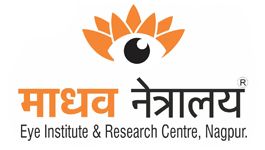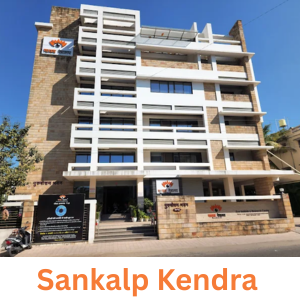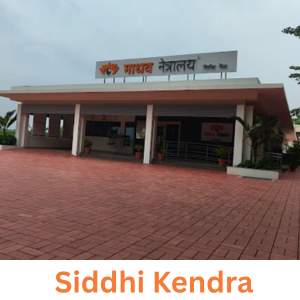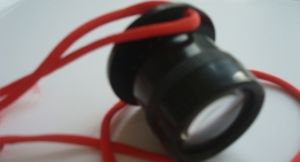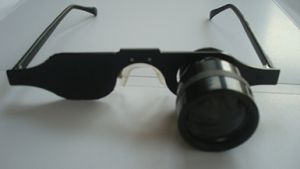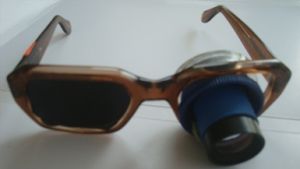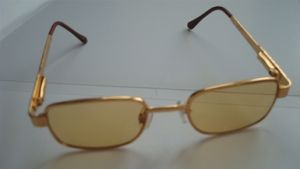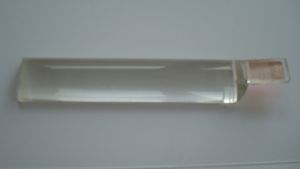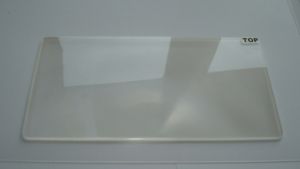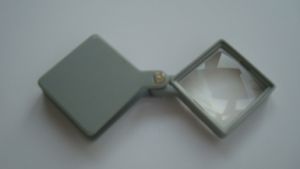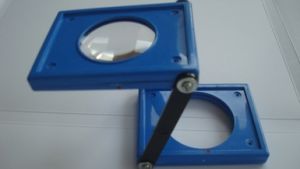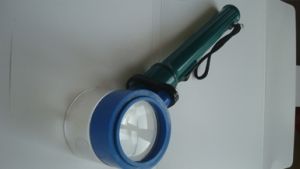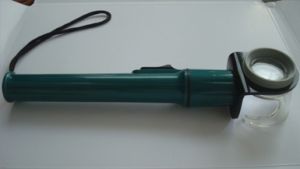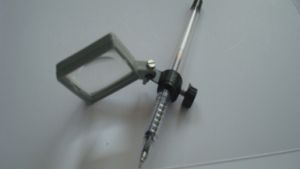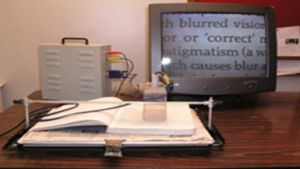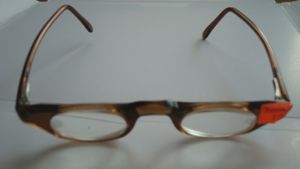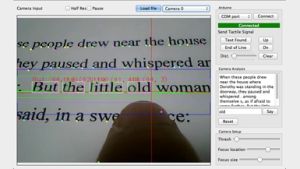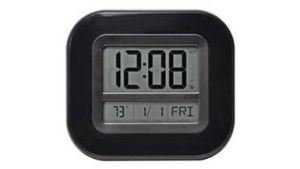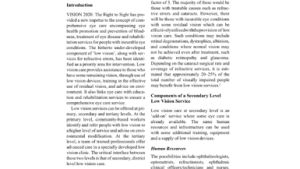Low Vision Department
The Low Vision Department at Madhav Netralaya emphasizes on the goal of helping you make most of the vision you have because there are situations wherein despite best efforts from the patient and the doctor, vision cannot be improved beyond a certain limit. Because it is our duty to see that a low vision patient uses the vision to its fullest potential.
What is Low Vision?
It can be defined as the term used to describe the significant visual impairment which cannot be corrected fully with glasses, contact lenses, medication or eye surgery. In this condition, the loss of best-corrected visual acuity (BVCA) is worse than 20/70 in the better eye.
Causes of Low Vision-
- Cataract causes hazy, blurry vision.
- Macular Degeneration typically causes blurred or partially obscured central vision.
- Diabetic Retinopathy causes blind spots, blurriness and visual distortions.
- Glaucoma ‘s significance is poor peripheral vision.
- Retinitis pigmentosa reduces peripheral vision and the ability to see in the dark.
- Light Sensitivity and loss of contrast are other symptoms of these and other diseases.
- Heredity and eye injuries also cause low vision.
Effects of Low Vision-
Diagnosis of Low Vision-
Have an eye exam by a top eye specialist in Nagpur for diagnosis of low vision. An appointment with your eye specialist is necessary if your vision difficulties are preventing you from daily activities like travel, cooking, work, and school. The tests the specialist will perform include the use of lighting, magnifiers, and special charts to help test visual acuity, depth perception, and visual field.
The treatment to be undergone –
Counseling-
The feeling of being dependent and losing your vision after being diagnosed with low vision can be very depressing for the patient itself. Accepting the reality for the patient and leading a normal life becomes remarkably tough. At this stage counseling plays a very crucial role as their support along with the family members can help the patient stabilize their lives.
